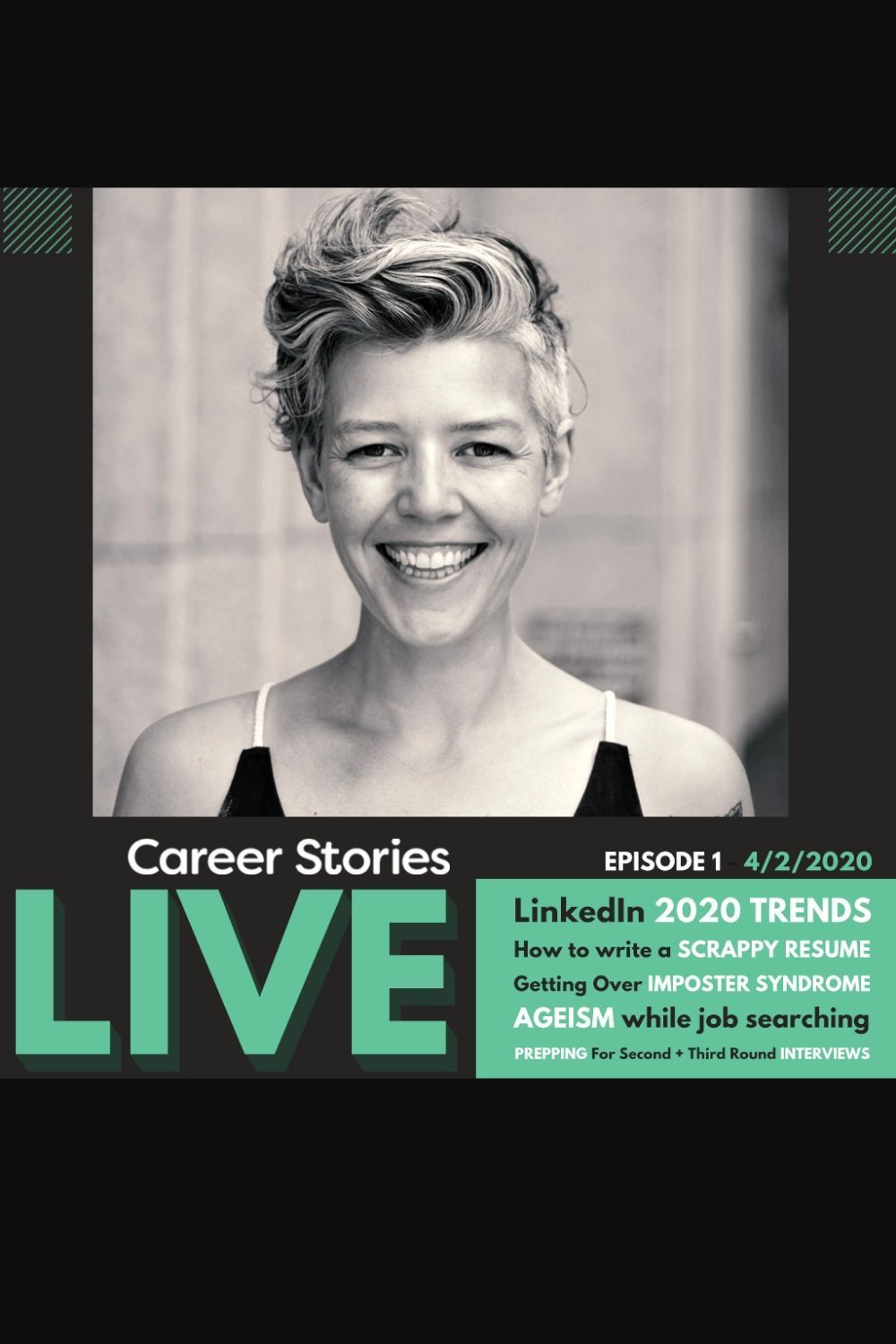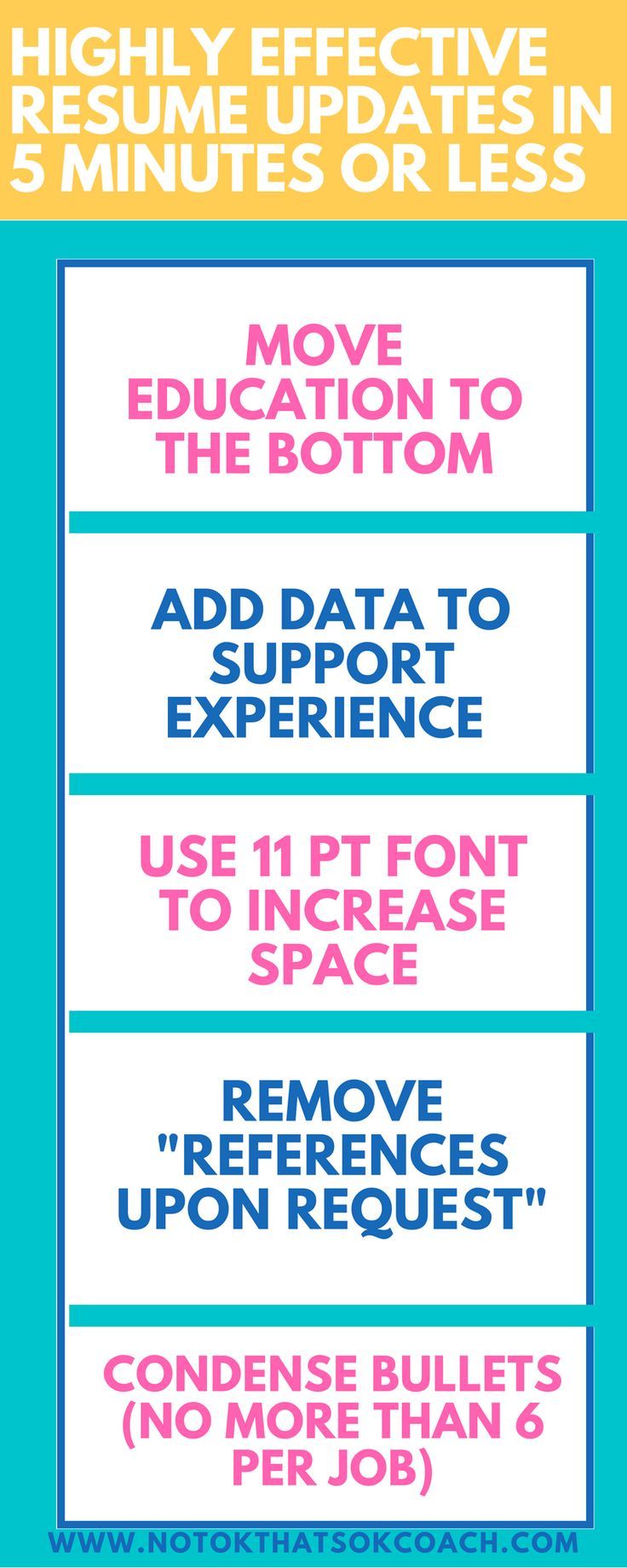How To Update Your Resume For A Career Change
As a career changer who might be lacking all of the right work experience and/or skills, the traditional reverse chronological approach isn’t necessarily the only way to go.
How to update your resume for a career change. Your responsibilities may have changed, or you may have taken a class or gotten a certification. You should read online content regularly about drafting your job application according to current inclinations. Always remember to update your profile section.
You can follow these steps to write a career change resume: Take a look at some job descriptions posted in your industry, then read through the experience and skills section of your resume to make sure you have all the necessary keywords listed. 5 steps for updating your resume in a career change.
Adding training and certifications to your resume are another way to show off relevant skills during a career change, especially if you are making an industry change and are having a hard time identifying transferable skills. Include volunteer work, courses, and certifications. Craft a compelling cover letter that sets you apart.
Change the language on your resume, linkedin profile, and even social media profiles to show that you're transitioning into this new industry, why you are doing so, and why you are the. (and yes, you’ll see summaries here, because career change is one time an objective statement is definitely the way to go.) marketing This means that as you navigate through your career change, you need to update your brand to reflect the new field you're trying to break into.
When creating your resume, make sure that you target your objective specifically to the job you're applying for. In addition to your career timeline, use your heading and skills sections to highlight content creation (and consider flipping the order, combination resume style). When updating your resume, you should also take time to review the job description.
Sell your skills and soar to the top of recruiting lists by addressing each of these seven points. Make it clear up front that you know how to string together words to inspire action. At some point in your career, you may decide to pursue a career change to match the new interests and skills you’ve developed over time.
Once your resume is more reflective of your future goals in the industry you desire, the easier it will be to match you with potential job opportunities that meet your career aspirations. Second, sift through your work history for achievements that matter to the new career. Usually, the easiest way to do that is to identify your transferable skills.
Read industry news and job descriptions to get an idea of skills employers are looking for. Keep on checking the new templates and trends. Start by getting to know your new industry.
Read job descriptions and industry news to gain a sense of the skills that employers require. Updating your resume opens the door for opportunity and change. Once adding address used to be mandatory for the job resume but it is not anymore.
Always update your resume when you start a new job (to keep it current). Choose the best resume format. Instead of having a section for each job, you would create sections for areas of expertise, with bullet points explaining how you have used them in previous roles.
Quantify achievements on a career change resume. If you’re interested in making a career transition, a resume revamp is imperative. Before you get down to updating your content, you need to choose the most suitable resume format based on your current situation.
But there’s now more you should do if you want your resume to stand out under the current circumstances. Make sure you update your contact information, your resume summary, and add your current job title to your professional experience. Doing so will help you generate your list of acquired skills.
Pay attention to keywords they include that align with skills you have and add those to your skills section. Career change resume skills summary example html, css, js: Review your current resume and the skills you’ve gained and used during your career.
Even if you've been in the same job for several years, updating your resume annually is a good idea. Transferable skills include any capabilities that align with your new field or position. Third, go out and get some quick experience.
When you want to change careers, you have to show the hiring manager that your experience is applicable, even if it doesn’t directly connect to the new role. Compile all the stuff you highlighted in a separate file. Steps to updating your resume for a career change.
Some of these may be listed on your resume directly, but others may not. Find five to 10 job ads in your chosen line of work then highlight the skills and qualifications required. It’s focused on your work experience that is organized in chronological order.
An online search for the career name + freelance jobs will usually hit paydirt. Next, review your current resume and highlight all the skills, work experience, and achievements that are also relevant to your new target role. Print out your current resume with your job history to date, and write a list of all the skills you've gained and used throughout your career.
Remember the list of transferable skills you created? Volunteer or do short freelance jobs. Just follow these 8 simple steps:
Jobscan makes it easy to identify the most important skills on the job description so you know what to focus on. When updating your regular resume, the first step is deciding which format to use. Similarly, other trends have changed over time.
A career change can be an exciting time, but you want to make sure you're well prepared to enter a new industry by updating your resume. Writing a resume for a career change can be an intimidating undertaking. Because you want to highlight your skills and accomplishments, you’re going to want to use a combination resume format, also referred to as a hybrid format.
This allows you to show how you’re a qualified candidate, even though you haven’t done the job before. Take time to get to know the industry you are moving into. Before starting to write your career change resume, it's helpful to see yourself on paper by using a master document of your professional accomplishments, education, past experience and skills.
Do all of these things, and you will set your career change up for success. If you haven’t updated your resume in some time, or have older versions with more applicable skills, then either update your resume or go through all of your past resumes. The most common resume format is chronological.



















